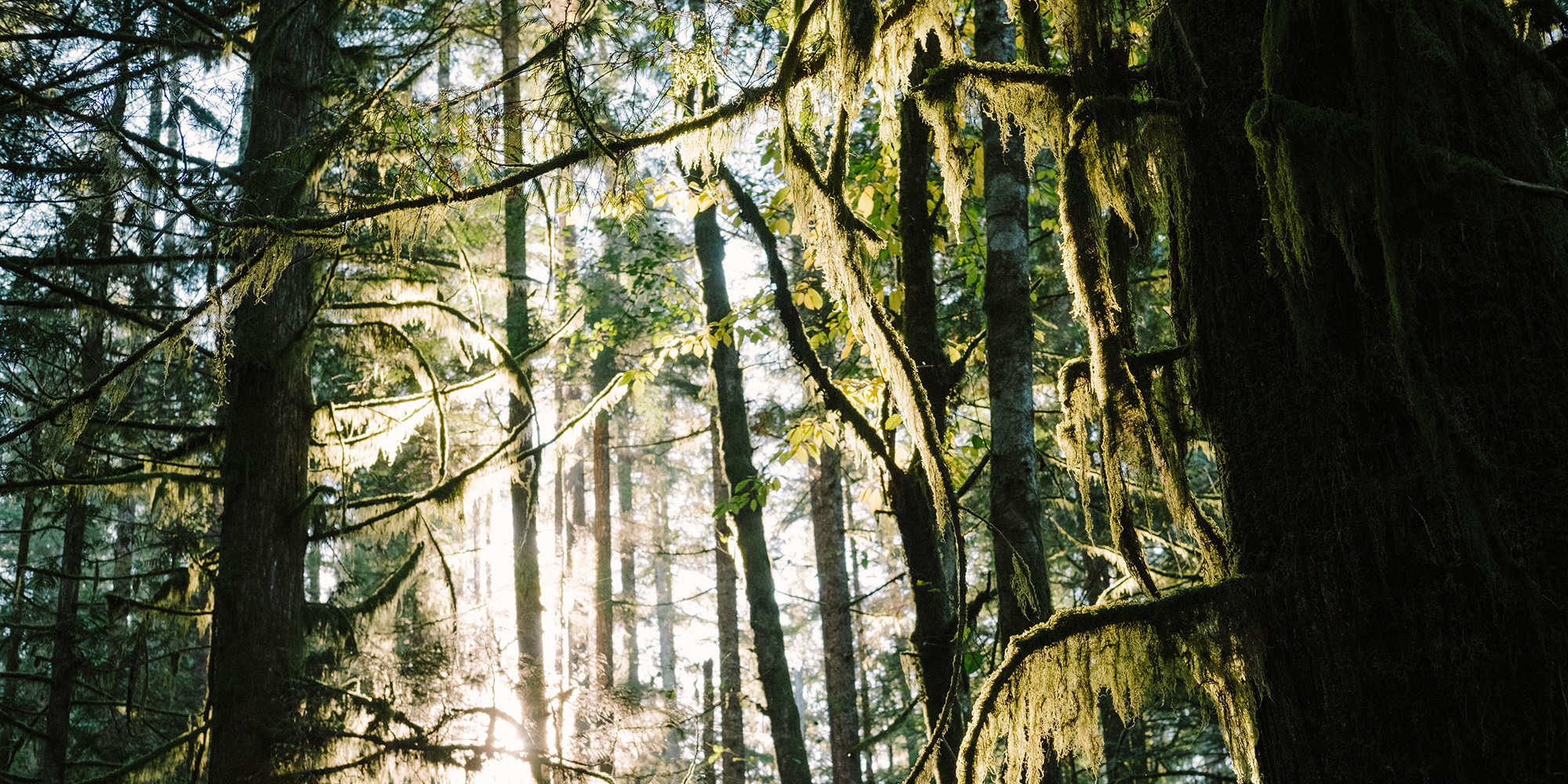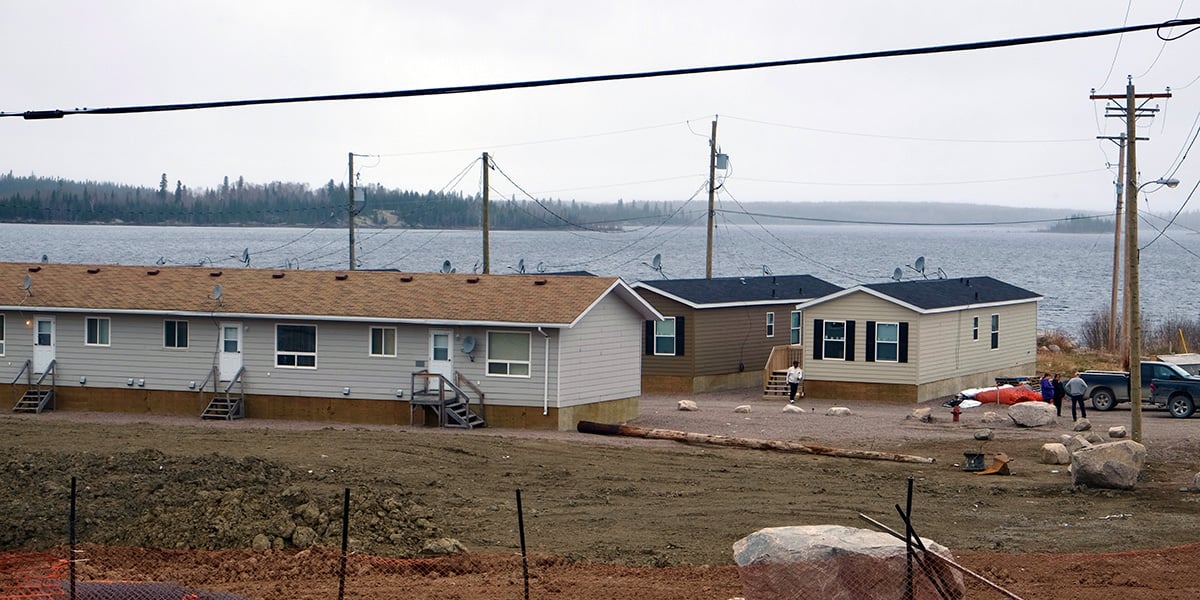First Nation Protocol - Thanking the Host First Nation, Why You Should
In this post, we share some insight on First Nation Protocol including why you should thank the host First Nation, and on the side provide an example...

We recently received the following questions from a reader:
Question: A few years ago I attended your workshop in Ottawa and bought your [Working Effectively With Indigenous Peoples®] book. Both have been very helpful. Thank you but I need a clarification.
In my work, I give workshops on reserve. I always start by thanking the participants for having me over. I tell them I feel privileged, and I really do!
If the workshop is being held in a hotel, off reserve, I try to find out who the land belongs to, and thank the Nation for allowing us to have this workshop on their land. I do this if the person that introduced me had not done so already.
Is this correct? Should I thank the Nation even if the person that introduces the workshop and me did it?

These are great questions and I am very grateful to our reader for asking them as it gives me a perfect opportunity to expand upon some intricacies involved with First Nations protocol.
From my perspective, she is correct in her question and should continue with this best practice. Perhaps some wording along the lines of, “I too would like to acknowledge the First Nations in whose territory we are in, and express my thanks for this opportunity to meet here today.” If no one does it ahead of you, I would still do the acknowledgment.
Question: Should I thank the Nation when I am on reserve?
Thanking the First Nation on the reserve is also a best practice. It is something I notice the First Nations do amongst themselves all the time so you would be in good company following this very common protocol.
Of course, there are exceptions given the diversity of cultures and regions so I will take a moment to talk about a couple of exceptions that come to mind.
Exception # 1: Consider the scenario where a First Nation has been relocated out of its own territory and into another First Nations territory. What should we do in such a case?
I would encourage some research first to see if the neighbouring First Nations have worked out a protocol greeting to sort this issue out. I would even go as far as asking meeting organizers for advice. In the absence of information, I would go with something along the lines of “I would like to thank X First Nations for the invitation to meet in the community here today and acknowledge this shared territory that we are meeting in.”
Exception # 2: Consider the scenario in which traditional territory issues are still being sorted out in places such as Vancouver. In the Vancouver area, you have a number of First Nations living in very close proximity to each other, in their traditional territories but without treaties. As a matter of treaty-making policy, it has been decided that overlaps should be worked out amongst the involved parties. This work hasn't been done yet so what is a practitioner to do? Research suggests there is a protocol in place where the practitioner would acknowledge the meeting as it takes place in Coast Salish territory. All of the communities we are talking about are Coast Salish so it is a nice way to acknowledge without causing internal problems.
Featured photo: Unsplash
In this post, we share some insight on First Nation Protocol including why you should thank the host First Nation, and on the side provide an example...

In 2003, Corby Lamb, President, Capacity Forest Management Inc., left a senior management position with Western Forest Products Inc. to launch a...

A First Nation reserve is a tract of land set aside under the Indian Act and treaty agreements for the exclusive use of an Indian band (First...